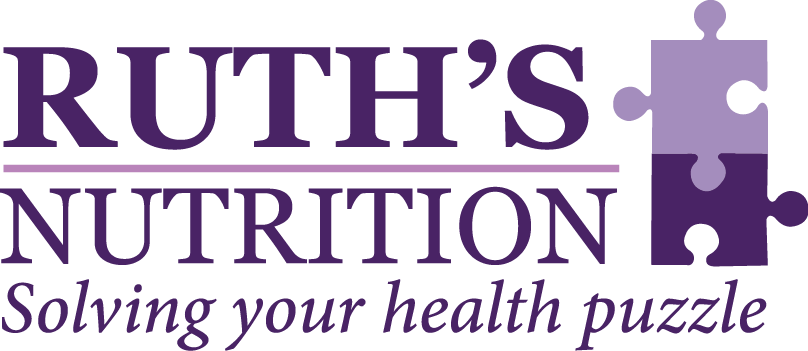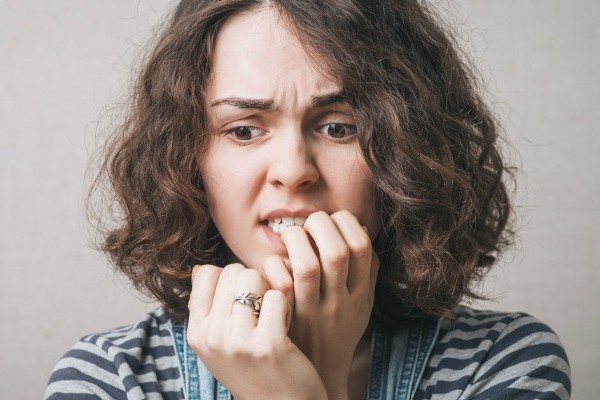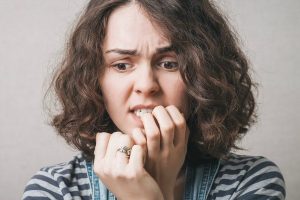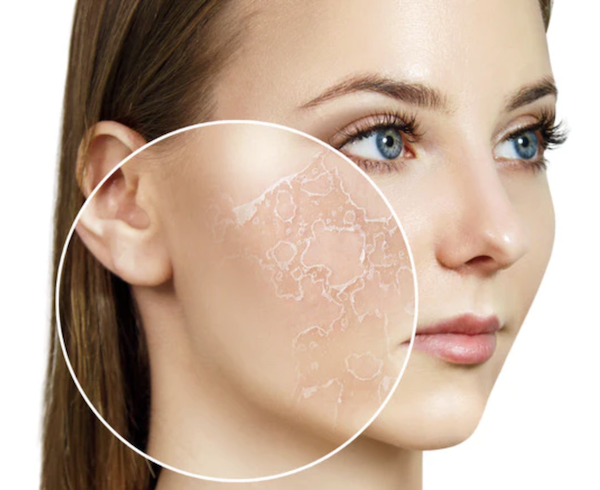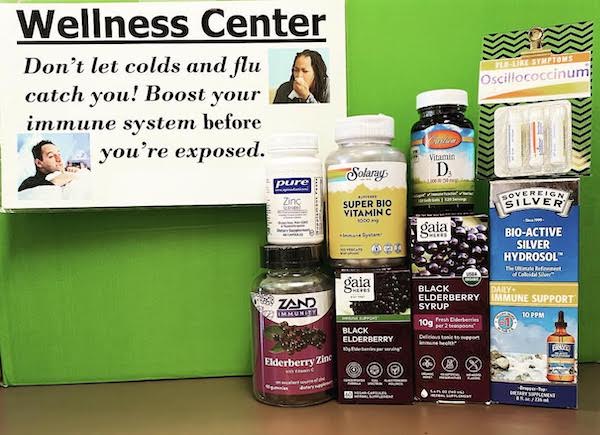Doctors’ advice for settling your nerves
One of the most common complaints we hear from customers is that they suffer from anxiety. Little wonder. The National Institutes of Mental Health estimates that more than 30% of U.S. adults experience an anxiety disorder at some time in their lives. Let’s face it, we live in a stressful world.
Here at Ruth’s we have our favorite remedies when life gets just a bit too much, but we thought it would be worthwhile to check in with some recommendations from doctors in the functional medicine world. We chose Dr. Alan Christianson, a naturopathic physician; Dr. Chris Kresser, licensed acupuncturist and leader in the functional medicine field; and Dr. Josh Axe, doctor of chiropractic, certified doctor of natural medicine and clinical nutritionist.
All three recommend addressing anxiety by first cleaning up your diet. That means reducing or removing processed foods, reducing or removing caffeine and alcohol, choosing nutrient dense and anti-inflammatory foods. The aim here is to balance blood sugar, reduce inflammation and get the nutrients needed to produce mood-benefitting neurotransmitters (EPA/DHA, B vitamins, vitamin D, copper, zinc, etc.)
Next, all three stress the importance of adequate sleep, which means 7-9 hours a night. Sleep is where the body repairs, and studies show that just one night of inadequate sleep negatively affects our health. The Centers for Disease Control estimate that as much as 30% of people average less than 6 hours per night. Dr. Kresser advises people to limit blue light after sundown from our TVs, computers, phones and some lights, while getting plenty of sunlight during the day to help regulate our circadian rhythms and improve sleep.
Drs. Christianson and Axe next note the importance of exercise in improving mood. It has been shown to both promote better sleep and lessen anxiety.
Only after citing those lifestyle changes do the doctors start recommending supplements. Among those they mention, along with recommendations from Psychology Today are:
Ashwgandha – Dr. Axe notes this herb is a stress reliever that also protects the brain from degeneration and improves anxiety by destroying free radicals that can cause damage. Research shows it improves focus, and reduces anxiety and fatigue without the side effects of anti-anxiety medications.
Magnesium – Dr. Axe says that magnesium deficiency is common in adults, and he suggests trying supplements. Magnesium helps relax muscles and calm the nervous system. It’s also vital for the function of GABA, a calming neurotransmitter.
Hemp Oil – Dr. Kresser notes that this has been shown to be anti-inflammatory while simultaneously reducing anxiety. He recommends starting at a low dose and slowly increasing the dose until you feel relief.
L-Theanine – This is an amino acid found in green tea that Dr. Kresser says make you feel more alert but calm. He recommends a dose of 200-400 mg. daily. It is found in one of Ruth’s most popular supplements for anxiety, Theanine Serine.
L-Taurine and/or GABA – Taurine is a precursor to and an activator of GABA, which is a major inhibitory neurotransmitter. Many people with anxiety are low in GABA. Dr. Kresser recommends 500 mg. of taurine up to three times daily. Instead of Taurine, one could take GABA as a supplement. Dr. Axe recommends it for decreasing anxiety and relaxing muscles.
Vitamin B Complex – Dr. Axe notes B vitamins in general are known to help combat the effects of stress and stabilize mood. A B6 deficiency can cause anxiety, irritability and depression. B12 is important in fighting stress and depression.
Lavender – Either as an oral supplement or an aromatherapy essential oil, lavender has been shown to promote relaxation and even encourage sleep. Dr. Axe notes a German study found one lavender capsule was as effective as benzodiazepine in reducing anxiety.
Kava – This tropical herb works by stimulating dopamine receptors and improving mood. Psychology Today notes that the herb has been studied extensively and is an effective and safe treatment for anxiety.
REFERENCES:
Dr. Axe
